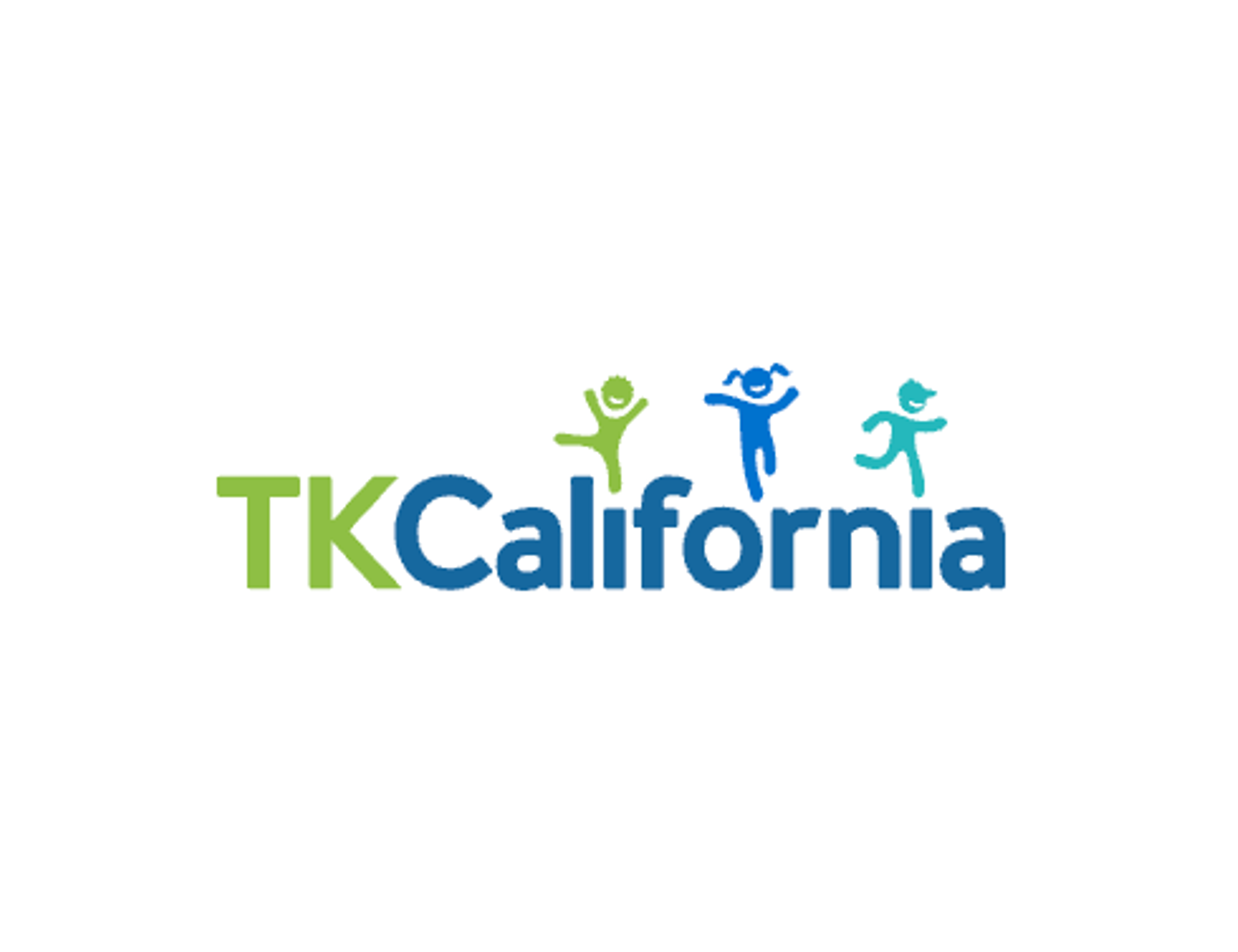California has joined a growing number of states striving to offer preschool to all of its students. Both quality and enrollment of its universal TK (transitional kindergarten) program have been steadily improving. Now, to take it to the next level, they want to get everyone involved.

What we heard from teachers and administration at after implementing Tools at
Getting the word out: Boosting TK enrollment in California
.
Committee search to choose the right curriculum
Selection of Tools of the Mind curriculum & professional development
Tools training and implementation for all relevant staff
Teaching and learning review and outcomes
At Tools, we know the many benefits of a universal preschool program in preparing all children for future learning, in kindergarten and well beyond. Whenever states make changes signaling a similar view, our ears perk up. The state of California has made it clear that they want to get in on the action with universal preschool and Tools is proud to work with partners in CA who are an integral part of this effort. So, when we saw Carolyn Jones’ recent CalMatters article about how California’s progress is measuring up to its goal of universal TK (transitional Kindergarten), we had to take a look. Here’s what we learned:
California has offered a TK program in some of its schools for nearly 15 years. And the push is on to increase enrollment in the program. The state has set a goal of having a seat for every interested child and family by the start of the 2025-2026 school year, an initiative they started in earnest as schools transitioned back to in-person learning in 2021, after the height of the COVID-19 pandemic.
The state is trying to get the word out to families any way it can, advertising universal TK through community connections and media outlets. And schools are also taking advantage of the enthusiastic recommendations of participating families, who are talking up the program within their own circles. These families, who have already had positive experiences with universal TK, serve as ambassadors for the programs, building interest amongst other families they know. This kind of word-of-mouth sharing can be powerful. One enthusiastic parent, thrilled with her decision to send her twins to the TK program, explains that the program gave her children much more than just academic knowledge; they also learned social skills that will “benefit them their whole lives.”

Results from California districts with long-running programs have been extremely positive, including one study that shows children from the TK classrooms entering kindergarten with better math and literacy skills and higher levels of engagement in learning. Encouragingly, these results have been especially true for children learning English in school and for those coming from lower-income families.
Given the success, we aren’t surprised to see that demand for the program is increasing: families chose to enroll over 50% of eligible children last year and enrollment for 2023-2024 has exceeded expectations. Even so, the struggle to bring the program to scale in California has been real, with districts scrambling to obtain qualified staff and effectively measure program quality and progress. As recommendations and word of program success continue to spread, Tools looks forward to seeing California overcome the obstacles it’s faced to bring successful TK programming to all California children. And we appreciate that the state is putting quality first. California’s prioritization of a play-based curriculum tailored to children’s developmental needs is an approach Tools can most certainly get behind.
Curious to learn more? Read the full article here. Click here to learn more about California’s universal TK initiative.